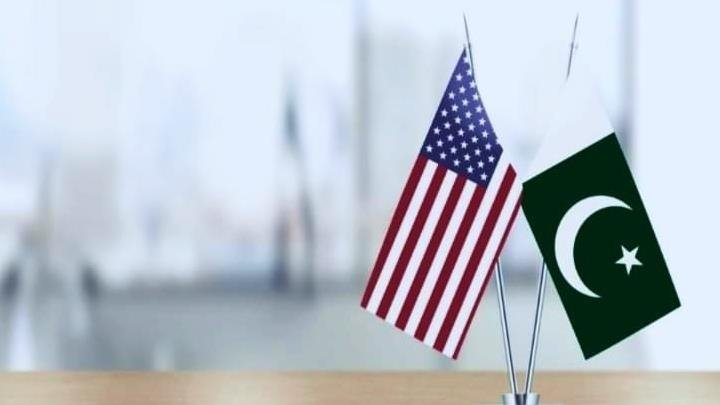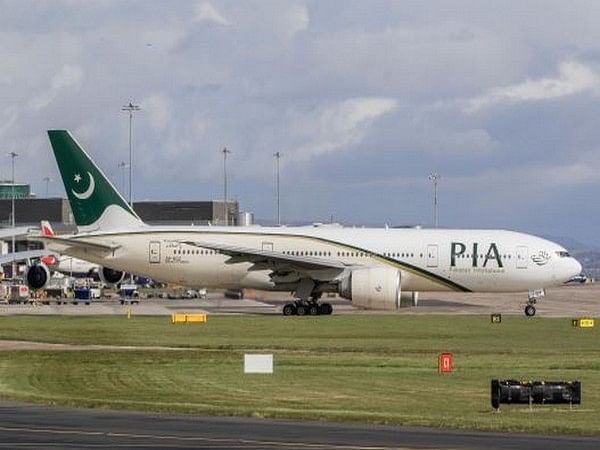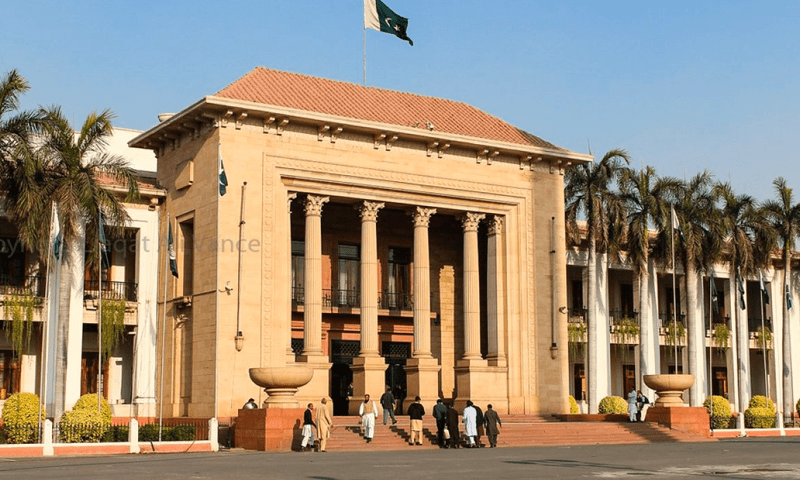Fatima Azhar Islam
In the lexicon of international politics, the phrase “there is no free lunch” captures a fundamental truth: nations do not give without expecting something in return. This aphorism is especially pertinent when analyzing the complex, often transactional, relationship between Pakistan and the United States. Over the decades, Pakistan has received economic aid, military support, and diplomatic recognition from Washington—but each phase of assistance has come with conditions, expectations, and long-term consequences.
The notion that U.S. aid or partnership is purely altruistic is not only naïve but historically unfounded. From the Cold War to the War on Terror, every dollar extended to Pakistan has been tethered to American strategic interests. In the 1950s and 60s, Pakistan joined U.S.-led military pacts like SEATO and CENTO in exchange for military and economic assistance—only to discover that the support evaporated when American interests shifted elsewhere.
The most vivid illustration of this transactional dynamic came post-9/11, when Pakistan became a “major non-NATO ally” in the global War on Terror. The billions of dollars that flowed into Islamabad during this period were framed as support—but in reality, they were reimbursements for logistical cooperation, intelligence sharing, and counterterrorism operations. The Kerry-Lugar Bill (2009) further cemented this model of conditionality, where aid was made contingent on specific policy behaviors.
Critically, this kind of aid often distorts domestic governance. U.S. funding rarely trickles down to the Pakistani public in meaningful ways; instead, it strengthens elite networks, bloats military expenditures, and encourages short-term compliance over long-term reform. Worse, it fosters a dependency mindset within sections of the political and military leadership—an attitude that undermines self-reliance and democratic accountability.
From the American perspective, the relationship has always been one of calculated utility. When Pakistan is needed—be it for access to Afghanistan, surveillance over China, or influence over the Taliban—aid flows. When those needs diminish, so does engagement. The U.S. pivot to India in recent years, especially in economic and technological realms, underscores this shift in Washington’s regional priorities.
Yet, the fault is not solely American. Pakistan’s foreign policy elite have often misjudged the nature of American generosity, mistaking transactional support for enduring friendship. By failing to build a self-sustaining economic and diplomatic framework, successive governments have left Pakistan vulnerable to external pressures and shifting geopolitical winds.
What, then, is the path forward? First, there must be an honest reckoning: U.S. aid is not a substitute for reform. Pakistan must invest in its institutions, diversify its foreign relations, and prioritize internal development over external alignment. Second, any future engagement with the U.S. must be built on the principle of mutual respect and transparency, not dependency and ambiguity.
In conclusion, the metaphor holds: there is no free lunch. America, like all great powers, acts in its own interest. Pakistan must now learn to act in its own—and that means recognizing when to say yes, when to say no, and when to stand on its own feet.















